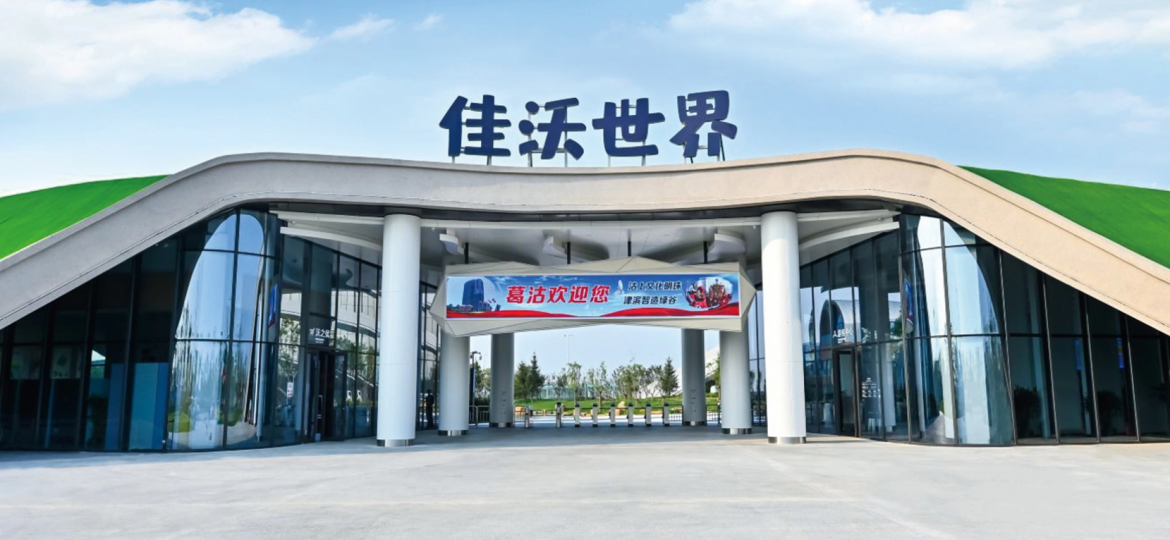As cities continue to expand, urban farming is reshaping how communities think about food production. Instead of relying solely on traditional farmlands, this modern approach integrates agriculture into urban environments by combining technology, controlled systems, and efficient resource management. From rooftops to vertical farms, urban farming enables local food production that supports sustainability and reduces dependence on long-distance transportation. This development is particularly relevant in densely populated regions such as Europe, the Middle East, and North America, where limited land and rising demand for fresh produce are pressing challenges.
Integrating Smart Technologies into Urban Agriculture
The success of modern city farming depends on technology-driven solutions. Controlled lighting systems, advanced sensors, and automated irrigation allow crops to thrive in compact spaces while maintaining consistent quality. Many systems now use renewable energy sources and AI-based monitoring to optimize every stage of plant growth. These innovations contribute to reduced resource waste and higher production efficiency, creating reliable and scalable models for city-based agriculture. In countries like Australia and Singapore, where urban density is high, integrating these technologies helps support self-sufficient food ecosystems and promotes local sustainability goals.
Enhancing Agro-Tourism Through Intelligent Agricultural Design
Beyond food production, modern agricultural technology is also creating new opportunities in eco-tourism. 4D Bios has developed solutions that align with this concept through their “Empowering Agro-Tourism” approach. By integrating agricultural operations with natural landscapes, educational showcases, and leisure facilities, they demonstrate how advanced plant cultivation can coexist with recreation and cultural experiences. Their systems utilize automated lighting control, nutrient optimization, and vertical planting to maintain both productivity and environmental harmony. This combination offers ecological, economic, and social value — connecting people with sustainable agriculture in a hands-on and engaging way.
Conclusion
In the coming years, the global shift toward sustainable city living will continue to drive investment in urban farming. Governments in the Gulf region, Europe, and North America are encouraging the adoption of smart agricultural systems through supportive policies and innovation grants. These efforts not only strengthen food resilience but also foster eco-friendly urban planning. 4D Bios, as an experienced technology provider, is actively contributing to this transformation by offering comprehensive plant factory solutions. Their expertise in intelligent control systems, vertical planting, and environmental automation helps clients establish advanced agricultural environments suitable for large-scale and long-term applications. Through continuous innovation, they are helping cities worldwide turn sustainability goals into practical reality, promoting resource efficiency, crop quality consistency, and adaptable operations for diverse urban conditions.


